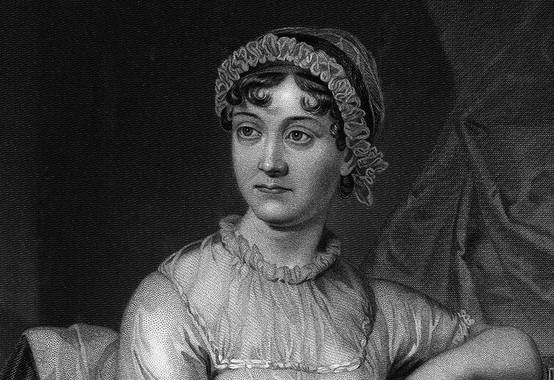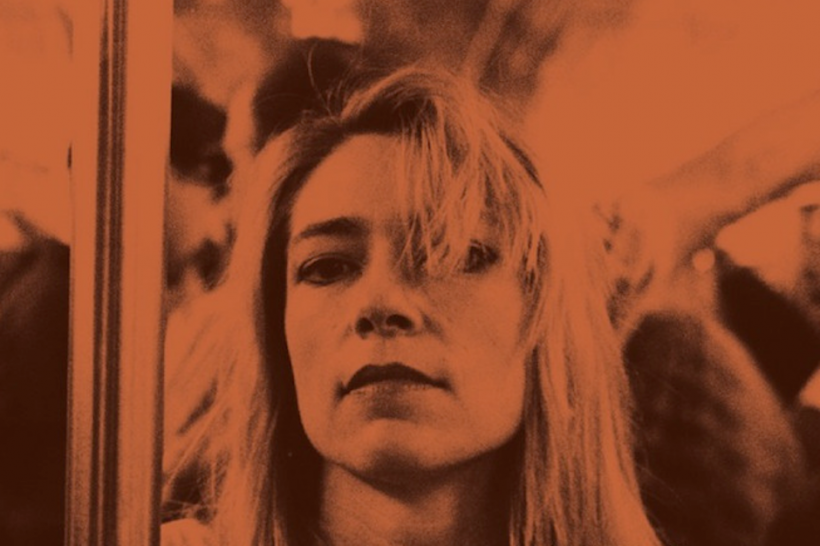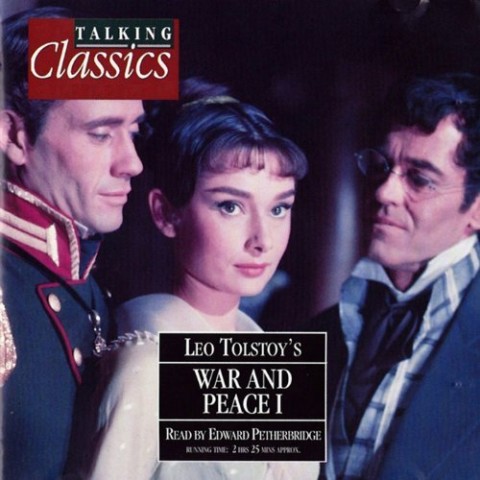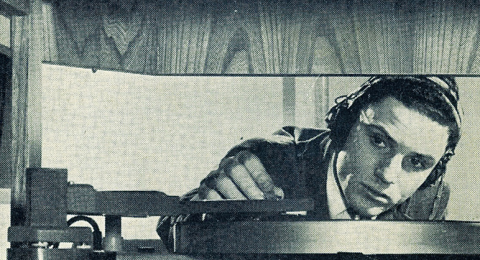Isaac Asimov, one of the most prolific creators in science-fiction history, wrote or edited more than 500 books in his lifetime, including the high-profile ones we all recognize like I, Robot and the Foundation series (hear a version dramatized here). But which piece of this massive body of work did Asimov himself consider his favorite? Always a fan of clarity, the man didn’t leave that issue shrouded in mystery: the honor belongs to “The Last Question,” which first appeared in the November 1956 issue of Science Fiction Quarterly. It’s now available in Isaac Asimov: The Complete Stories, Vol. 1.
“Why is it my favorite?” Asimov later wrote. “For one thing I got the idea all at once and didn’t have to fiddle with it; and I wrote it in white-heat and scarcely had to change a word. This sort of thing endears any story to any writer.” But it also had, and continues to have, “the strangest effect on my readers. Frequently someone writes to ask me if I can give them the name of a story, which they ‘think’ I may have written, and tell them where to find it. They don’t remember the title but when they describe the story it is invariably ‘The Last Question.’ ”
You certainly won’t forget who wrote the story if you can hear it read by Leonard Nimoy, surely the most distinctive sci-fi narrator of our time, in the video just above. Nimoy first read “The Last Question” aloud for an adaptation staged at Michigan State University’s Abrams Planetarium in 1966, a production that first moved Asimov himself to consider ranking its source material among his best works. Of course, the story would have received none of this retrospective attention, from its author or others, if not for its intellectual content, which comes through vividly no matter how you take it in.
Look past the more entertainingly dated elements — expressions like “for Pete’s sake,” enormous central computers that print all their output on paper slips, an early reference to “highballs” — and you find plenty of elements that qualify as eternal: the ever more rapid expansion of humanity, the ever more rapid progress of technology, and the seemingly ever-faltering ability of the former to maintain dominance over the latter. Within the story’s nine pages, Asimov even digs into scientific concepts like entropy and the heat death of the universe as well as philosophical concepts like the true nature of “forever” and the origin of life, the universe, and everything. If you read only one of Asimov’s stories, he’d surely approve if you made it “The Last Question.” (And if you read two, why not “The Last Answer”?). Find these readings added to our collection, 1,000 Free Audio Books: Download Great Books for Free.
Looking for free, professionally-read audio books from Audible.com, including ones written by Isaac Asimov? Here’s a great, no-strings-attached deal. If you start a 30 day free trial with Audible.com, you can download two free audio books of your choice. Get more details on the offer here.
Related Content:
Isaac Asimov Predicts in 1964 What the World Will Look Like Today — in 2014
Free: Isaac Asimov’s Epic Foundation Trilogy Dramatized in Classic Audio
Isaac Asimov Explains the Origins of Good Ideas & Creativity in Never-Before-Published Essay
Isaac Asimov Explains His Three Laws of Robots
Leonard Nimoy Reads Ray Bradbury Stories From The Martian Chronicles & The Illustrated Man (1975–76)
Colin Marshall writes on cities, language, Asia, and men’s style. He’s at work on a book about Los Angeles, A Los Angeles Primer, and the video series The City in Cinema. Follow him on Twitter at @colinmarshall or on Facebook.






